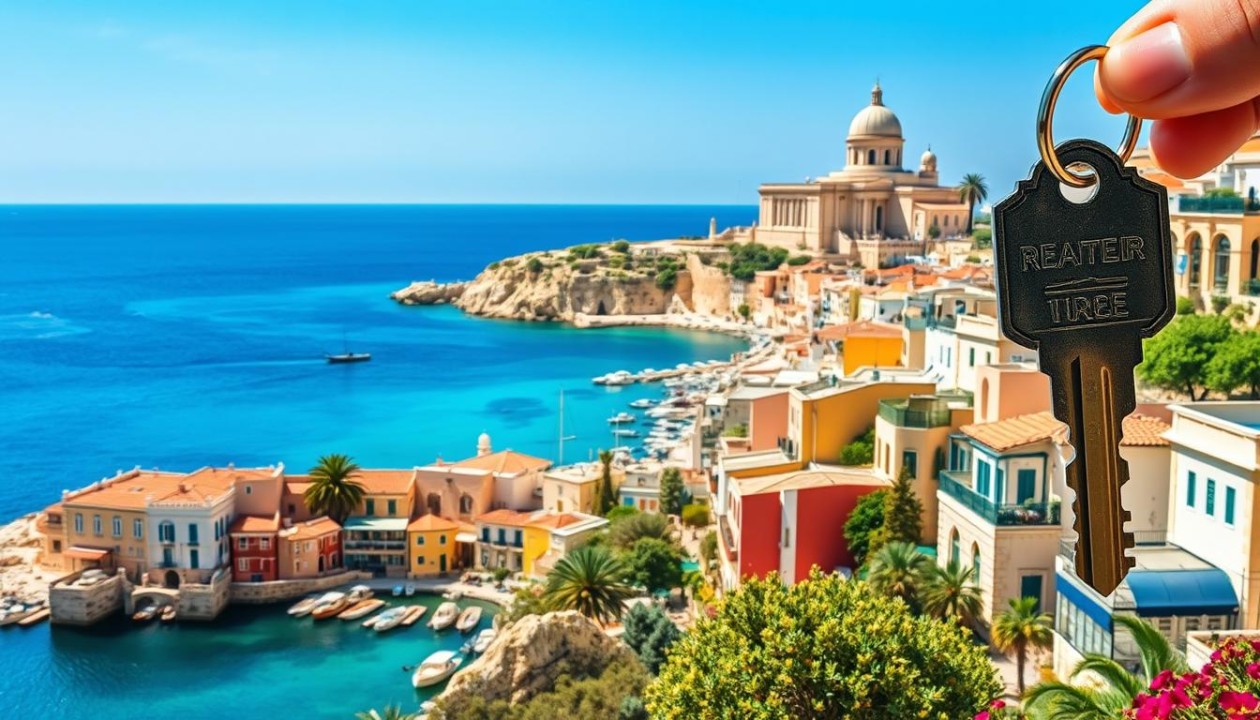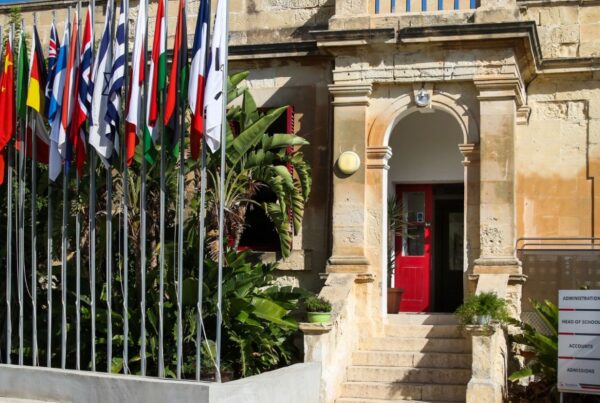 如果您点击这里,此页面将被翻译成中文。
如果您点击这里,此页面将被翻译成中文。
 如果您点击这里,此页面将被翻译成中文。
如果您点击这里,此页面将被翻译成中文。
 如果您点击这里,此页面将被翻译成中文。
如果您点击这里,此页面将被翻译成中文。
 如果您点击这里,此页面将被翻译成中文。
如果您点击这里,此页面将被翻译成中文。
Malta’s residency programs have significantly influenced its real estate market, attracting a diverse range of buyers and investors from around the world. These programs offer various benefits that can make Malta an appealing destination for individuals seeking new opportunities. In this article, we explore how Malta’s residency schemes are shaping the local real estate landscape and what it means for prospective buyers and investors.
Overview of Malta’s Residency Programs
Malta offers several residency programs, including:
- Malta Permanent Residency Programme (MPRP): Designed for non-EU/EEA nationals, this program grants permanent residency in exchange for a financial contribution and investment in property.
- Global Residence Programme (GRP): Targets non-EU/EEA individuals and provides residency with tax benefits, requiring a minimum property investment.
- EU Residence Programme (EURP): For EU/EEA nationals, offering residency based on property ownership and meeting certain financial criteria.

Influence on the Real Estate Market
- Increased Demand for High-End PropertiesThe residency programs have driven demand for high-end properties. Many applicants opt for luxury homes or high-value real estate to meet the investment requirements of these programs. This has led to a surge in the luxury property market, with developers and real estate agents focusing on high-end developments and prime locations.
- Property Price TrendsAs demand for real estate increases due to residency programs, property prices have seen upward pressure. Areas popular among expatriates and investors, such as Valletta, Sliema, and St. Julian’s, have experienced significant price hikes. This trend can benefit sellers but may pose challenges for local buyers.
- Development of New ProjectsThe influx of new residents and investors has spurred the development of new residential and commercial projects. Developers are responding to the growing demand with new builds, including modern apartments, gated communities, and upscale properties. This has led to increased construction activity and investment in the real estate sector.
- Impact on Rental MarketWith more expatriates moving to Malta under these programs, the rental market has also been affected. There is a higher demand for rental properties, particularly in popular expat areas. This can be advantageous for property owners looking to lease their homes but may also lead to higher rental costs.
- Economic and Social BenefitsThe increased real estate activity fueled by residency programs contributes positively to Malta’s economy. It generates revenue through property transactions, taxes, and investments in infrastructure. Additionally, the diverse influx of residents enriches the cultural and social fabric of Malta, fostering a more cosmopolitan environment.
Considerations for Prospective Buyers and Investors
- Market Research: Understanding current market trends and property values is crucial. Prospective buyers should research areas with high investment potential and consider the long-term implications of purchasing property in Malta.
- Legal and Tax Implications: It is essential to be aware of the legal and tax requirements associated with Malta’s residency programs. Consulting with legal and financial experts can help navigate these aspects and ensure compliance.
- Investment Strategy: Investors should evaluate their investment strategy, considering factors such as property type, location, and rental potential. Balancing immediate returns with long-term value is key to a successful investment.
Conclusion
Malta’s residency programs have had a profound impact on the real estate market, driving demand for high-end properties, influencing price trends, and stimulating new developments. For prospective buyers and investors, understanding these dynamics is crucial for making informed decisions and capitalizing on the opportunities presented by Malta’s growing real estate sector.









